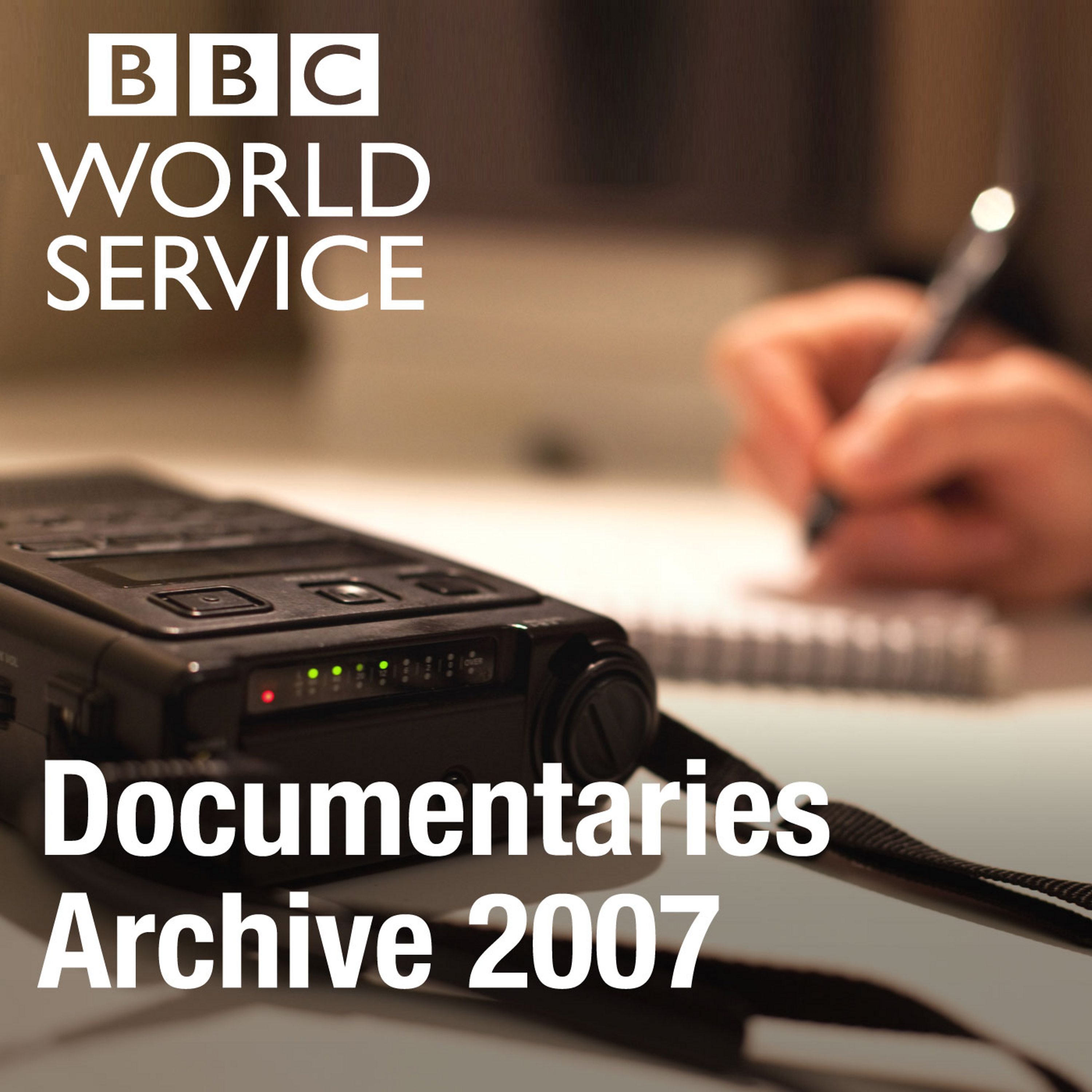Episodes
The first part of a four part series in which Maurice Walsh discovers why globalisation and the black market have drastically undermined governments' ability to generate revenue in the form of tax.
Published 11/12/07
The BBC's UN correspondent Laura Trevelyan explores how the US could retreat from its role as the planet's biggest polluter. In this episode: Laura reports on General Electric. Once pilloried as a polluter (and taken to court for dumping waste in the Hudson River), the industry giant, under the leadership of Jeffrey Immelt, has gone green and sees its future prosperity tied to developing green technologies.
Published 11/12/07
In a special BBC WS One Planet debate, we bring together four people at the heart of their governments' response to climate change – from the USA, Indonesia, Brazil and the UK.
Published 11/09/07
The final part in a three part series in which Mike Williams explores the complex web of negotiations to find a successor to the Kyoto Protocol which expires in 2012.
Published 11/07/07
The second part in a three part series in which Mike Williams explores the complex web of negotiations to find a successor to the Kyoto Protocol which expires in 2012.
Published 11/05/07
The first part in a three part series in which Mike Williams explores the complex web of negotiations to find a successor to the Kyoto Protocol which expires in 2012.
Published 11/05/07
The BBC's UN correspondent Laura Trevelyan explores how the US could retreat from its role as the planet's biggest polluter. In this episode: Laura finds out how the US could retreat from its role as the biggest polluter on the planet.
Published 11/05/07
South Africa has one of the highest rates of sexual violence in the world. There are more than 54,000 reported rapes every year - and most rapes go unreported. David Goldblatt investigates what's behind this violence.
Published 11/01/07
In this part, Wole Soyinka travels back on a route he first took in 1967 at the beginning of the Biafran War, and speaks to two of the main protagonists.
Published 10/31/07
In Pakistan President Musharraf and the former Pakistani prime minister, Benazir Bhutto did a deal this month. She told her suppprters to support his bid for the Presidency. He in return dropped corrpution charges bought by his government against her. This paved the way to her return to Pakistan after almost a decade of self-imposed exile. In "Benazir Bhutto - The Investigation", Owen Bennett-Jones looks at the claims against her and whether she could still face corruption charges.
Published 10/29/07
We investigate the substance of the allegations against Benazir Bhutto and ask whether she could still face charges, despite the deal she has just struck with President Musharraf.
Published 10/29/07
Nigeria's Nobel Prize-winning author, Wole Sayinka travels back to Biafra and comes face to face with the military leader who imprisoned him 40 years ago.
Published 10/24/07
In the final part of this series Robin White visits Georgetown the capital of Guyana where he experiences the transport system and learns about the demise of the Amerindian culture.
Published 10/19/07
Robin White visits Maputo the capital city of Mozambique. After sixteen years of civil war how well is the city functioning?
Published 10/19/07
Robin White finds out about the disappearing Kweyol culture in St Lucia. Why is it too difficult to make Kweyol the island's official language?
Published 10/19/07
China has turned its attention to the US in its search for natural resources, even enabling the re-opening of an abandoned iron mine in Minnesota.
Published 10/18/07
Lucy Ash assesses the wider impact of China's insatiable appetite for natural resources, and focuses on the special relation with Angola and its oil.
Published 10/17/07
Maurice Walsh considers whether China might use its growing military power to reclaim Taiwan, possibly provoking a confrontation with the US.
Published 10/16/07
Maurice Walsh examines whether US government concerns about rising defence spending in China will fuel a new arms race in the Pacific.
Published 10/15/07
Local broadcaster Eunis Taumomoa guides us through Papua New Guinea, a country that has more than 700 different languages and ethnic groups.
Published 10/12/07
Afghanistan's recent history has been a long list of human rights abuses and war crimes - yet many of those accused are now beyond the reach of prosecutors because of an amnesty the warlords themselves voted in. What impact is this having on the survivors?
Published 10/11/07
Meet the doctors who are trying to introduce regulation of stem cell therapies in India, so that those vulnerable patients who can least afford to spend money on unproven therapies can have genuine grounds for hope.
Published 10/10/07
Matthew Sweet presents the extraordinary story of Finland's Nokia Millionaires, and how the mobile phone industry prevented a severe recession in the country.
Published 10/07/07
Lance Corporal Baronowski's personal recordings, made in Vietnam shortly before he was killed in 1966, paint a vivid picture of the young soldier’s life. How do his experiences compare with soldiers in today's conflicts?
Published 10/05/07
Assignment reports on the fate of thousands of migrants from eastern Europe, who come to Britain to find work. Even though they are in the UK legally, they're often exploited by gangmasters who ignore employment laws, and sometimes don't even pay their employees.
Published 10/04/07


